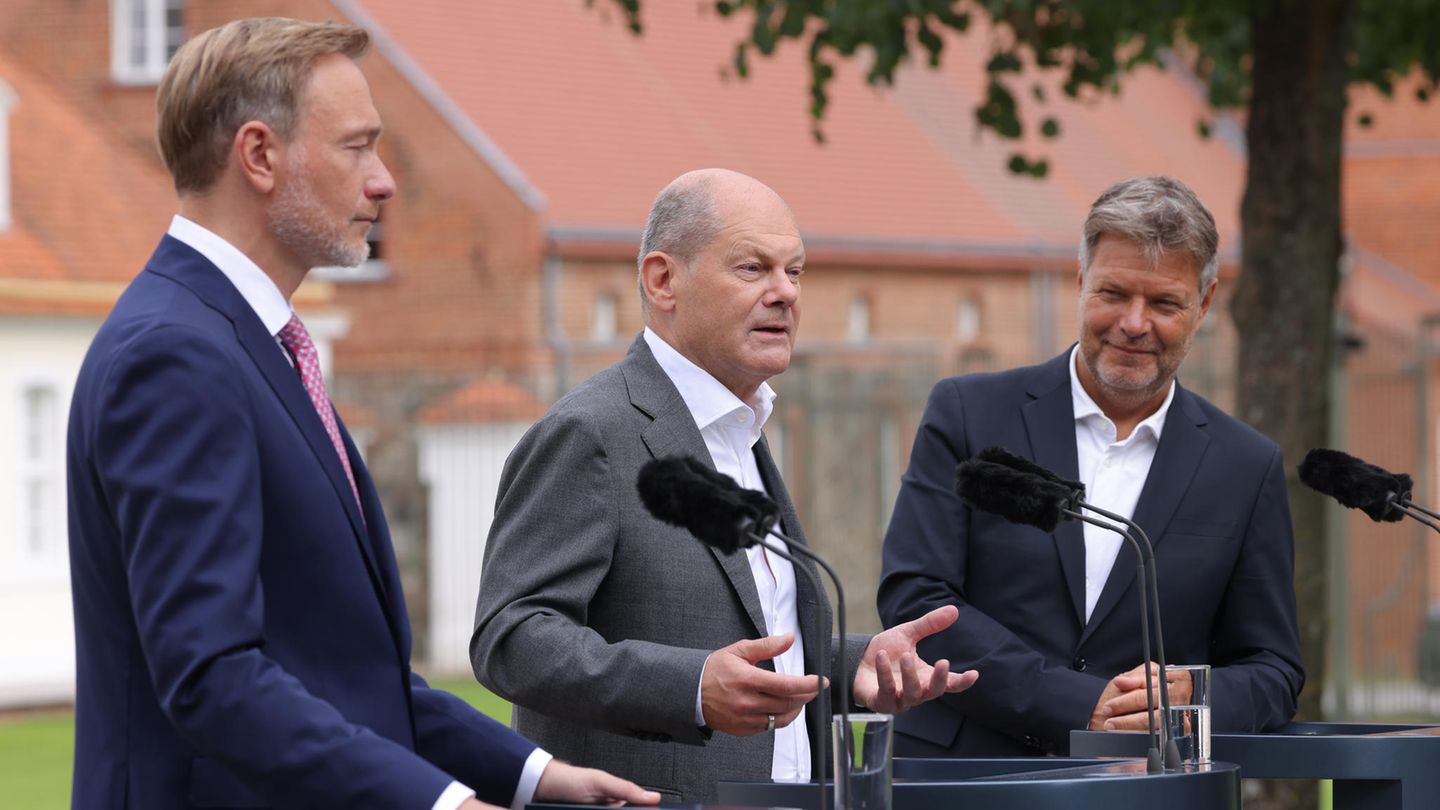I have been working in the news industry for over 6 years, first as a reporter and now as an editor. I have covered politics extensively, and my work has appeared in major newspapers and online news outlets around the world. In addition to my writing, I also contribute regularly to 24 Hours World.
Menu
Traffic light meeting in Meseberg: Five lessons from the cabinet retreat
Categories
Most Read
Trade war between China and the USA is expanding
October 14, 2025
No Comments
Artificial intelligence: California puts chatbots in their place
October 14, 2025
No Comments
Hamas in Gaza: New fear of the terrorist organization
October 14, 2025
No Comments
Can Trump bring peace to Ukraine? The situation in the morning
October 14, 2025
No Comments
Middle East conflict: “Peace in the Middle East”? Gaza statement contains little concrete
October 14, 2025
No Comments
Latest Posts

Transporter crashed into truck at rest area in Pichl near Wels
October 14, 2025
No Comments
Accident at an A8 rest area near Pichl near Wels The driver of the van suffered injuries The driver of the van was traveling on

Rat races across the pitch during the World Cup qualifying game between Wales and Belgium
October 14, 2025
No Comments
Wales against Belgium Rat disrupts World Cup qualifying game – and is escorted off the pitch A rat runs across the pitch during the World

Literature: Ozzy, Death and the Devil – Osbourne’s last book
October 14, 2025
No Comments
Lisa HarrisI am an author and journalist who has worked in the entertainment industry for over a decade. I currently work as a news editor
24 Hours Worlds is a comprehensive source of instant world current affairs, offering up-to-the-minute coverage of breaking news and events from around the globe. With a team of experienced journalists and experts on hand 24/7.

